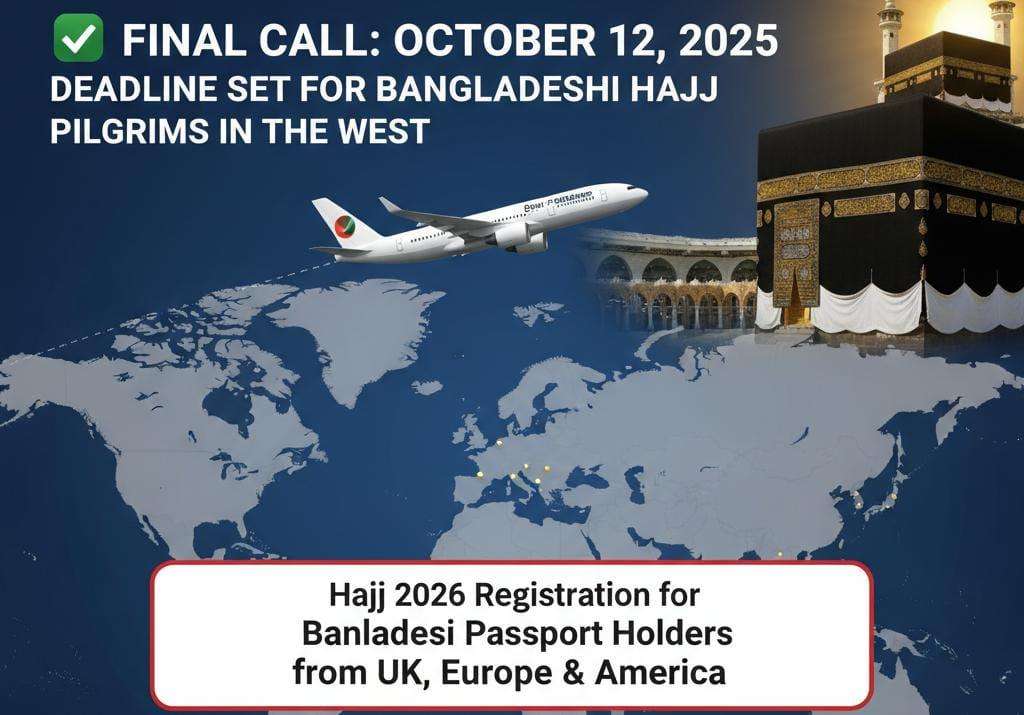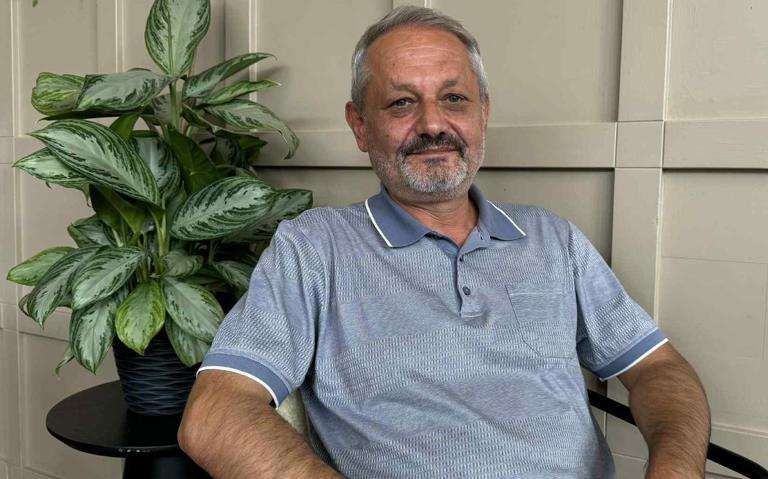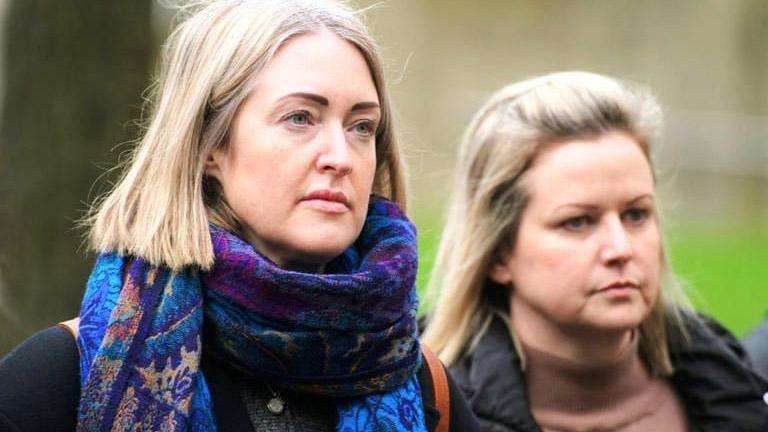Feroz Ferozuddin, the former Minister for Public Health in Afghanistan, a renowned trauma surgeon, and an advocate for women's rights, is currently seeking asylum in the UK. Having fled his homeland in 2021 to escape the Taliban's persecution, the 58-year-old is now housed in a migrant hotel in Bournemouth, a site that has been the focus of weekly anti-immigration protests. Despite his distinguished career and a strong desire to contribute, his asylum application has been refused, leaving him in a state of limbo and subject to public hostility.
Ferozuddin's journey to the UK began after the Taliban took control of Afghanistan. His powerful advocacy for women's and children's rights—including his successful efforts to halve the country's maternal mortality rate from four deaths per minute to two—made him a target for the new regime. After his home was confiscated and his bank accounts were frozen, he was forced to flee, moving from safe house to safe house until he managed to escape to Pakistan. He then sought refuge in Turkey but was assaulted and continued to receive threats, leading him to make the final, desperate move to the UK in January of this year.
His application for asylum was rejected because it was submitted after the Afghan Citizens Resettlement Scheme (ACRS) had closed. This scheme, which is not application-based, was designed to provide a safe and legal way for vulnerable Afghans, particularly those who assisted the UK's efforts or stood up for values like democracy and human rights. However, the ACRS's rigid structure has left many deserving individuals like Ferozuddin in a precarious position. The refusal of his case places him among more than 50,000 rejected asylum seekers who are currently appealing their decisions.
While living in a Bournemouth hotel, Ferozuddin has had to contend with weekly protests. He reports hearing protesters call him a "devil" and demand he leave the country. This experience stands in stark contrast to the values of kindness and unity he has found in the broader community through his volunteering efforts. Asylum seekers in the UK are generally prohibited from working, a policy that has been widely criticized for preventing skilled individuals from contributing to society. They can, however, volunteer, and Ferozuddin has been active in community work with local organizations like the YMCA to stay busy and provide a sense of belonging. He has expressed his desire to use his extensive expertise to help the NHS, local councils, and homelessness trusts if his appeal is successful.
Ferozuddin's case highlights the complexities and shortcomings of the current UK asylum system. The system's rules and backlogs are preventing highly qualified individuals from contributing to the country, even in the face of significant labor shortages in sectors like the NHS. As of mid-2025, the UK's asylum backlog still stands at around 91,000 applications, and the appeals backlog has reached 42,000 applications. This situation not only prolongs the suffering of those seeking refuge but also denies the UK the valuable skills and experience that people like Ferozuddin could offer.








.svg)


